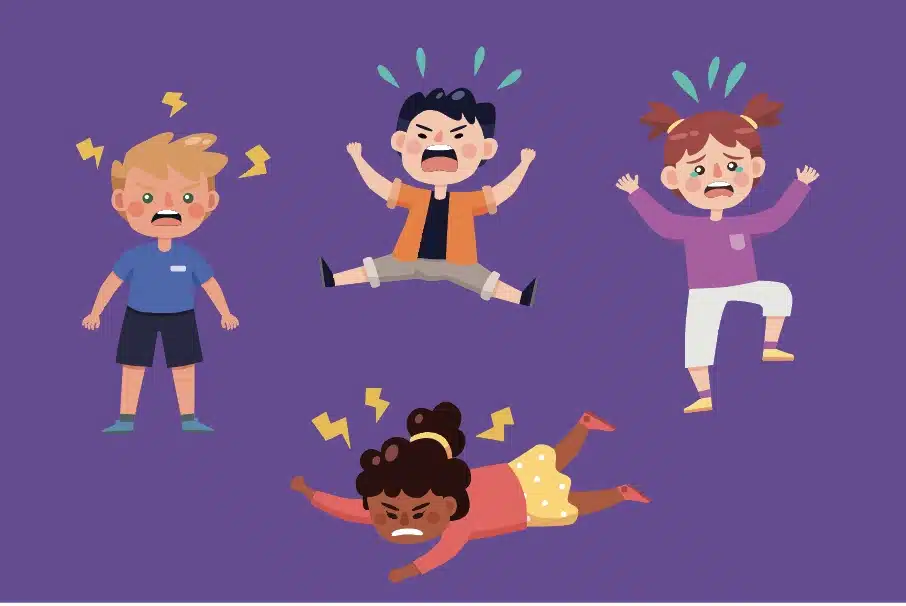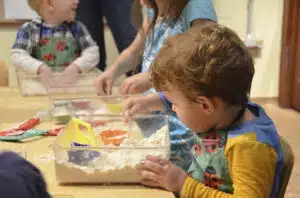By Isabella Hakobian OTD, OTR/L
It can often be difficult to determine whether your child’s actions are rooted from a behavioral or sensory issue. Here are some ways you can determine whether it is sensory or behavioral, and how to treat a sensory meltdown.
Sensory “meltdowns” are a biological reaction, and they are typically caused by dysregulation. This leads to a child’s inability to process sensory input within their surroundings and environment. Essentially, sensory meltdowns are not a choice, but a biological response. Sensory meltdowns are characterized by requiring increased time to self-regulate, a child may seem unaware of their surroundings and others, and sensory reactions may not end abruptly even after a want or desired outcome has been met.
Treatment for a sensory “meltdown”:
- First, consider environmental adaptations that could be made
- Removing your child from an environment with adverse stimuli (turning off loud music, turning down the lights, etc.)
- After looking to changes you can make within the environment:
- Provide calming sensory input
- Deep breathing exercises (“smell the roses; blow out the candles”
- Swinging (front and back, side to side)
- Calming music
- Weighted blanket
- Hugs or hugging a pillow
- Create a designated sensory break space for your child
- Teaching your child to recognize and ask for a sensory break when needed
- Provide calming sensory input
Behavioral “tantrums” are typically due to a child seeking attention or asking for or demanding something prior to their reaction. Their behavior is often goal oriented. You can use the ABCs of behavior to identify a behavioral reactions:
- A: Antecedent
- What happened before the behavior? (Consider the activity, event, environment, etc.)
- B: Behavior
- How did they respond? (Is your child still aware of their surroundings and others?)
- C: Consequence
- What happens afterwards? (Does the behavior end abruptly after your child gets what they asked for?)




